Giants Club: We must unite to fight the elephant poachers – and we must win
As Cecil the lion sheds new light on African conservation, the scale of the task is clear. The Independent’s owner announces an initiative to save the continent’s giants from extinction

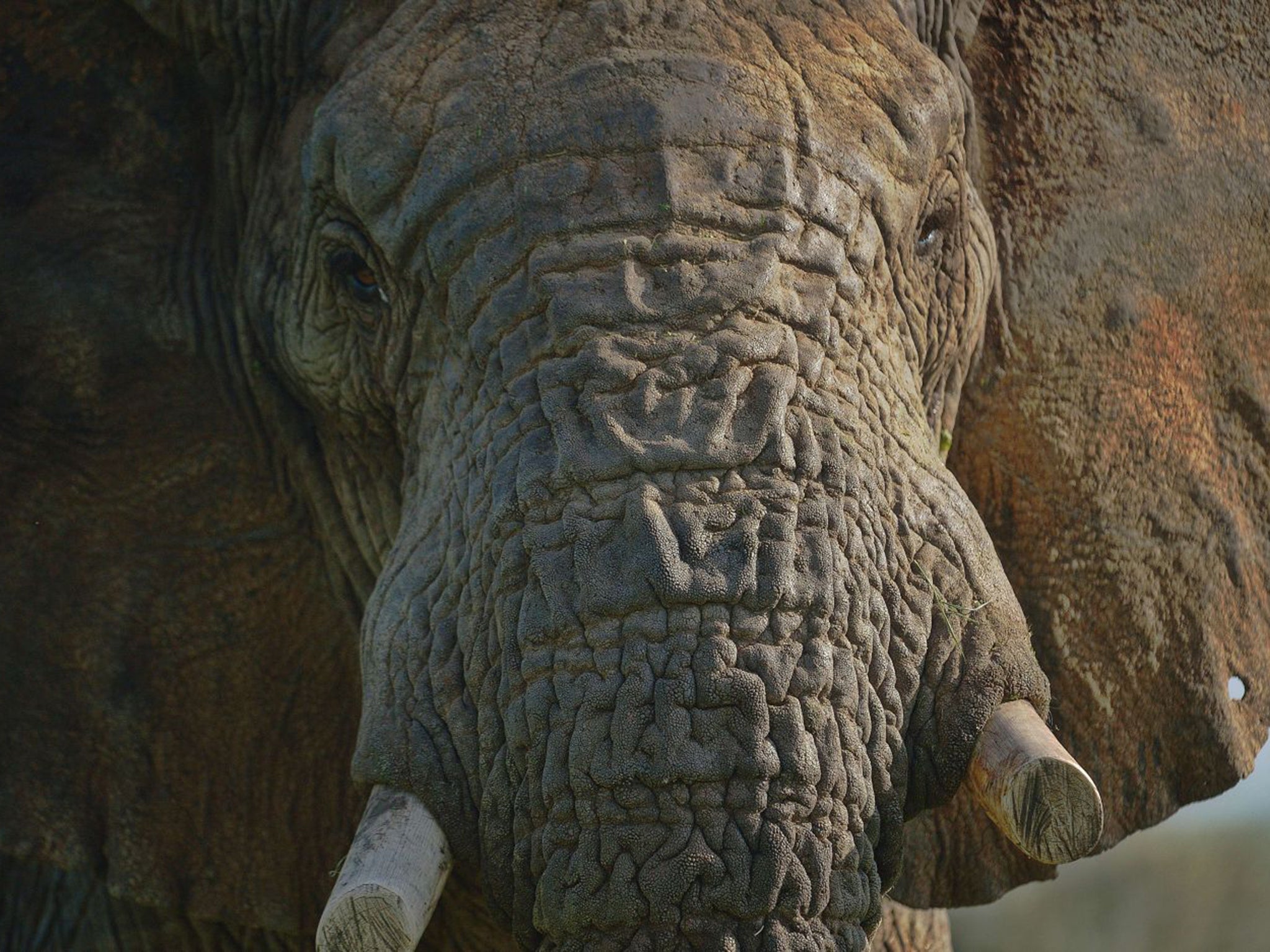
Your support helps us to tell the story
From reproductive rights to climate change to Big Tech, The Independent is on the ground when the story is developing. Whether it's investigating the financials of Elon Musk's pro-Trump PAC or producing our latest documentary, 'The A Word', which shines a light on the American women fighting for reproductive rights, we know how important it is to parse out the facts from the messaging.
At such a critical moment in US history, we need reporters on the ground. Your donation allows us to keep sending journalists to speak to both sides of the story.
The Independent is trusted by Americans across the entire political spectrum. And unlike many other quality news outlets, we choose not to lock Americans out of our reporting and analysis with paywalls. We believe quality journalism should be available to everyone, paid for by those who can afford it.
Your support makes all the difference.The extraordinary global reaction to the killing of Cecil, the African lion, over the last week reminds me that it is not just the British who love animals. Although a strong sense of solidarity with the continent’s conservationists emerged, the limits as well as the strengths of social media reaction were again on show.
The comment was largely instinctive and emotional and an understanding of conservation and practical consideration of what might be done were mostly lacking.
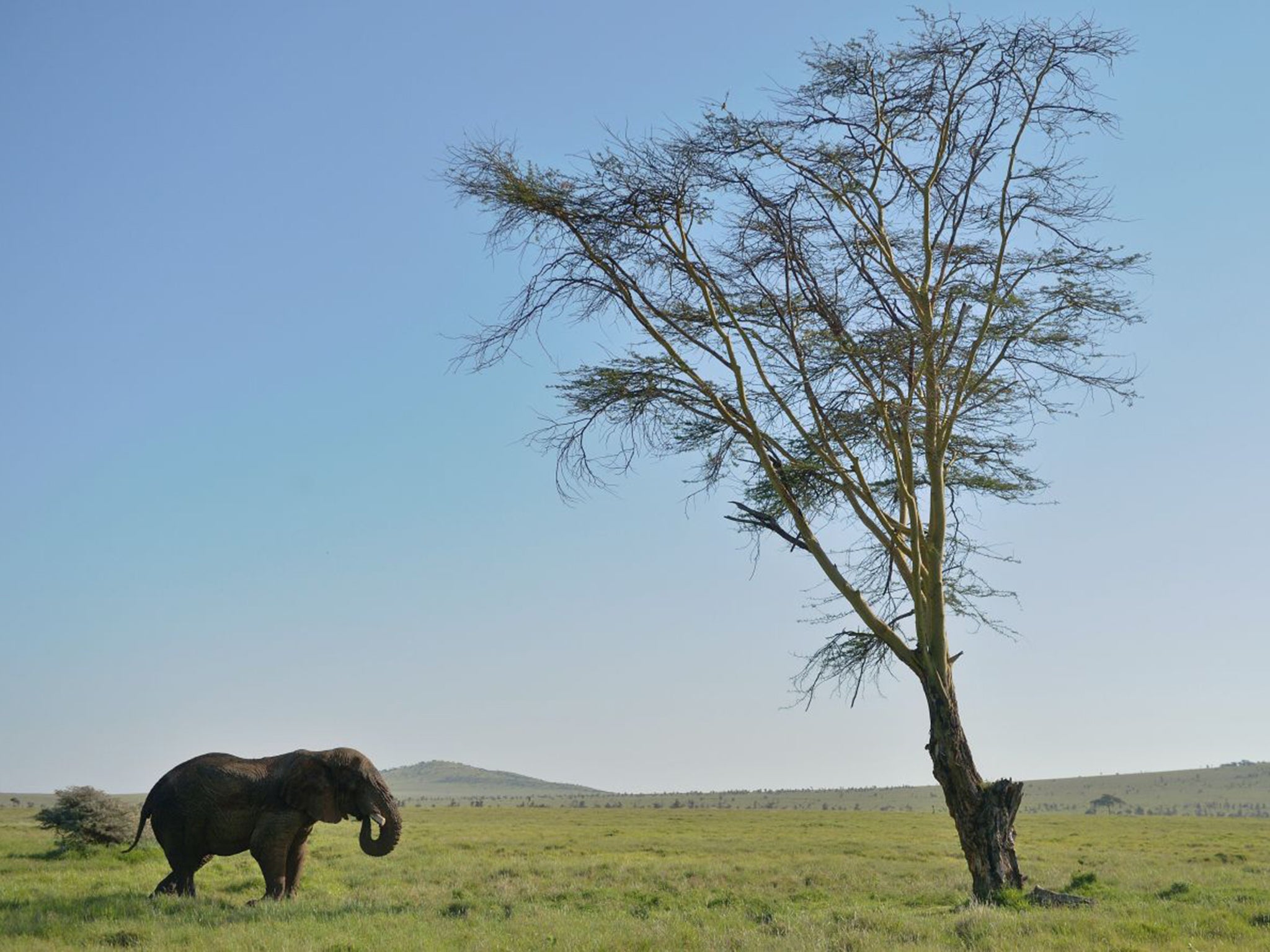
Many were more concerned with how to punish a dentist rather than with how to address the increasingly complex world of poaching. There is also a great ignorance about both the scale of the trophy-hunting which killed Cecil, and the fact that hunting can – in properly controlled circumstances – help to save some species.
But in the instinctive public intrigue and revulsion – similar to what George Orwell felt when he wrote the essay “Shooting an Elephant” – I detect reasons to be hopeful about the prospects for Africa’s most endangered species. Hope has not been present in huge quantities of late, particularly when you look at Africa’s elephants.
This paper, your correspondent and you, our readers, have long been passionate about conservation. If we can come together to save Africa’s elephants, that might be only a small part of what conservation needs to achieve, but it would be precious, and future generations would thank us for it.
That is why, in partnership with heads of state across Africa, I am launching the Giants Club: a new pan-African initiative established by the charity Space for Giants to unite the continent’s political leaders, enlightened corporations and wildlife conservationists. Our aim is simple: to save Africa’s elephants from extinction.
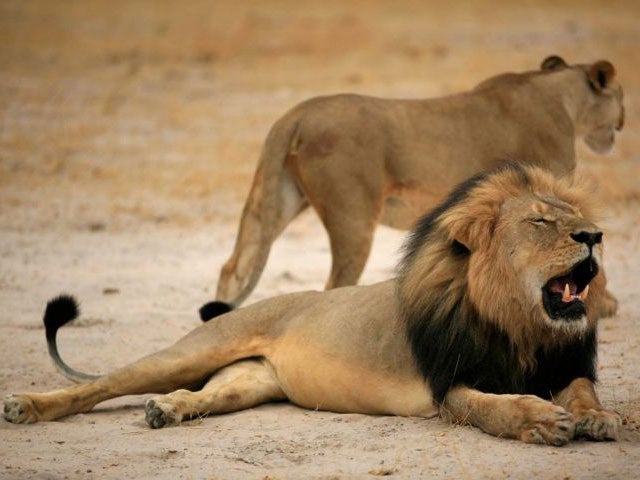
The scale of the crisis facing elephants is vast. Since 2010, official figures show that on average almost 35,000 a year have been killed across the continent. If that trend is not stopped, they will be wiped out in the wild in our children’s lifetimes. In central Africa, the hardest-hit part of the continent, the regional elephant population has declined by two-thirds in a decade. In the Selous Game Reserve in Tanzania, numbers have plummeted from as many as 55,000 to just 13,000 in four years.
Reports are coming out of the Democratic Republic of the Congo of pitched battles between rangers and poachers in the jungle, which last for days. In the West Africa Bouba Ndjidah National Park, hundreds of elephants have recently been slaughtered with automatic weapons.
Almost two years ago, when the first reports of the present poaching crisis began to crystallise, this newspaper led the way in highlighting the scale of the problem when it launched its Elephant Appeal in the run-up to the London Conference on the Illegal Wildlife Trade. It was the most successful Christmas campaign in our history, going back nearly three decades, and your remarkable generosity made a vital and irreversible contribution to the fight against poaching.
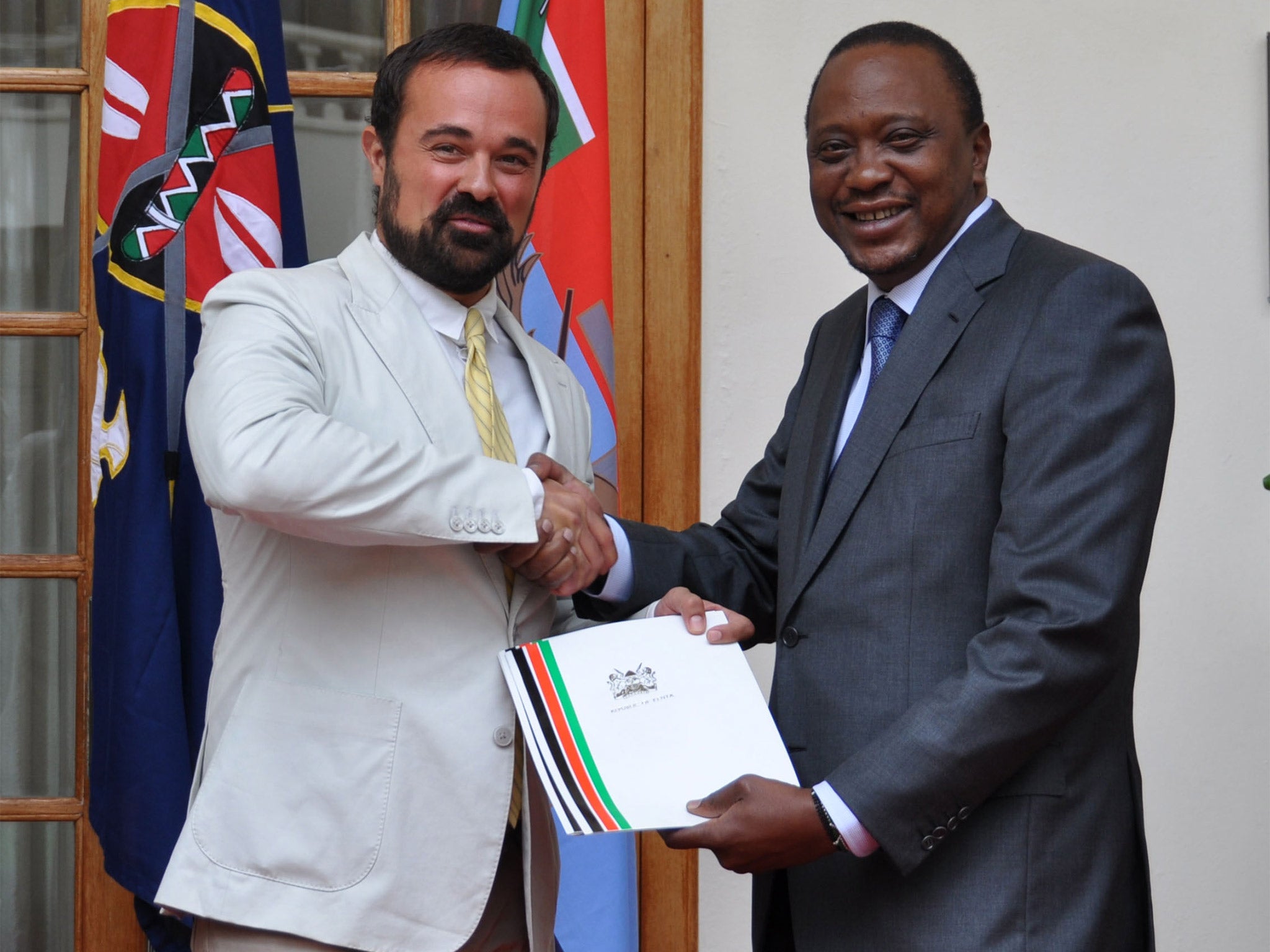
You recognised that not only was an iconic animal under threat, but the illegal ivory trade, fuelled by the booming prices that ivory now commands with newly affluent consumers in Asia, also posed a threat to the development and security of countries in Africa. Because a kilogram of ivory is now worth more than a kilogram of gold, poaching gangs bribe crooks in government, intimidate locals – including with death threats – and turn whole regions into lawless fiefdoms.
Moreover, profits reaped by the poachers have helped to fund organisations such as the Lord’s Resistance Army, which kidnaps and mutilates children. Or al-Shabaab, which kills elephants to help pay for the weapons it needs to conduct atrocities such as the Westgate mall massacre. Or Boko Haram, which sent supporters across the border into Cameroon to trade ivory to fund its terrorist network. There is a lot more at stake than the survival of a single species.
The money raised in our appeal – that is, your generosity – made such a difference in the areas where the conservationists funded by our partner charity, Space for Giants, operate.
In central Kenya, our newly trained wildlife rangers cut poaching rates by three-quarters. A superb new 56,000-acre nature reserve has been established at Loisaba. This is a haven for Kenya’s second largest elephant population and also the country’s only stable lion population, as well as for Grévy’s zebras, wild dogs, leopards and cheetahs.
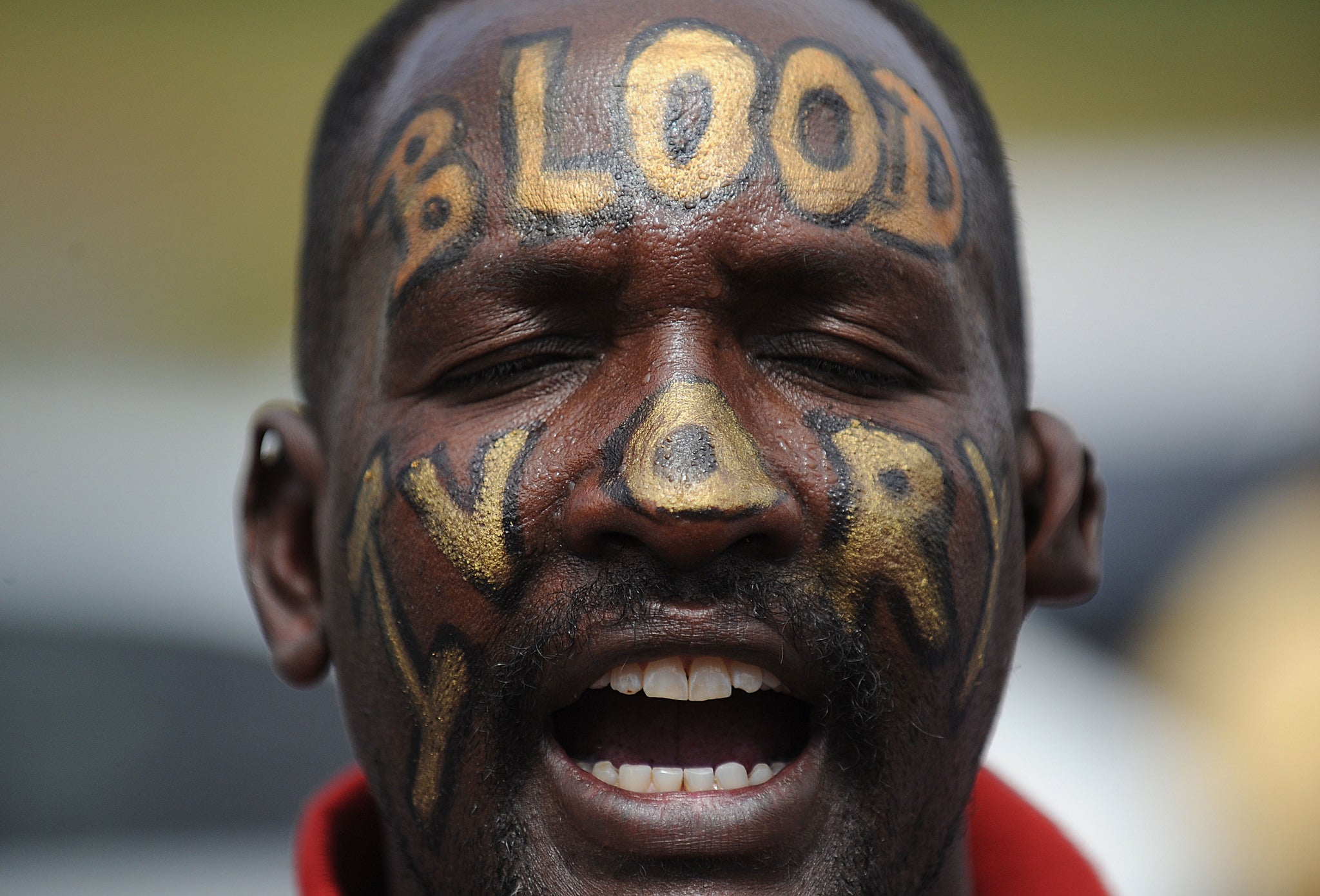
But the scale of the poaching problem is such that, even though these are successes to be applauded, only a continent-wide response can provide a proper and lasting solution. The Elephant Protection Initiative (EPI) is an African-led conservation commitment adopted at the 2014 London Conference, and our aim will be to support it by providing frontline protection to safeguard at least 40,000 African elephants by 2020. We also want to create a unified voice to end the illegal ivory trade – something that has been sorely lacking in recent years.
This week, we will highlight Kenya and Uganda, which have agreed to join Gabon as founding members of the Giants Club. Ethiopia, Rwanda, Liberia, Sierra Leone, Tanzania and the Democratic Republic of the Congo have all made clear their interest in joining. That’s not a bad start. During the coming months, we hope more names will join that list.
Already Space for Giants, of which I am now patron, is working closely with the Kenya Wildlife Service, which has joined this initiative. The charity that enforces the EPI is a remarkable one: Stop Ivory has earned the trust and respect of the Kenyan government through its brave work in this area. Its task, to get rid of ivory stocks across the country, is a daunting one. But they have made impressive progress, albeit with a long way to go.
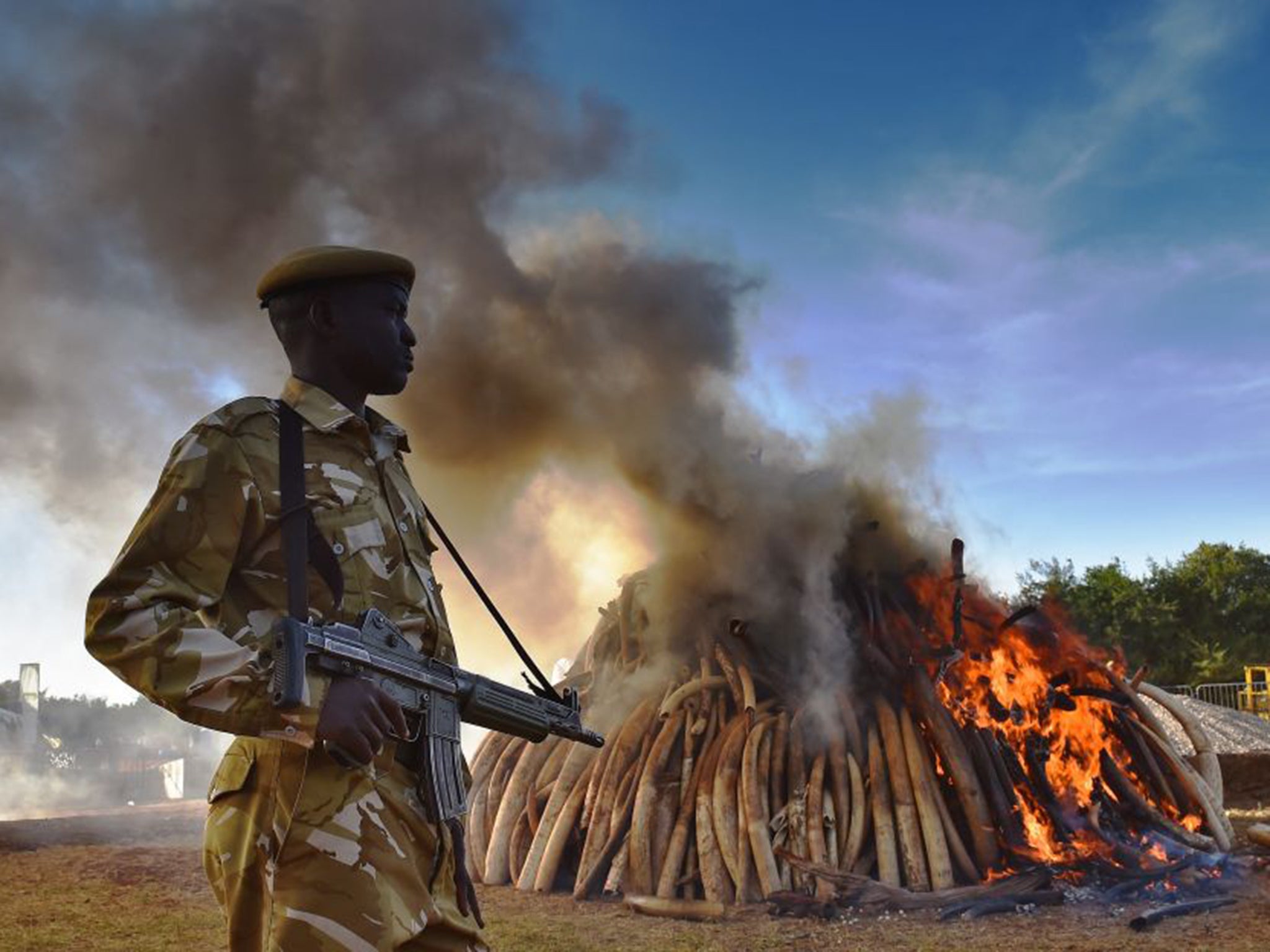
In Uganda, Space for Giants’ teams will help the government stem the flow of illegal ivory from the Congo basin and build capacity to protect its recovering but still vulnerable elephant populations. In Ethiopia, Space for Giants has already audited the resources of the wildlife authority to protect its southern elephants, in anticipation of the country joining the Giants Club shortly.
When I asked President Ali Bongo of Gabon to work with us on this new initiative, he said: “We must act now, and we must act united.” I agree, and I hope you will too. Africa’s elephants could soon be extinct; and while saving them is only a small part of the mammoth tasking facing those of us who want to conserve the Earth, it is a vital one. The battle to stop these beautiful animals being turned into trinkets will be long and bloody – but it is not an optional one. We must fight the poachers – and win.
Evgeny Lebedev is the owner of the ‘Independent’ titles and the ‘London Evening Standard’. Follow him on Twitter: @mrevgenylebedev
MORE THIS WEEK
- Kenya's President Kenyatta joins the Giants Club
- For more about the Giants Club: independent.co.uk/voices/campaigns/giantsclub
- To donate to Space for Giants: spaceforgiants.org
- Corporate donors looking to partner the Giants Club should contact: giantsclub@spaceforgiants.org
Join our commenting forum
Join thought-provoking conversations, follow other Independent readers and see their replies
Comments